Coronavirus tested leaders in surprising ways. Executives had to respond quickly to the crisis, adapt to remote work, and support their employees and customers. Executive coach Atholl Duncan interviewed more than two dozen business leaders worldwide about how they handled the pandemic’s early months. While he does not offer in-depth analysis, crucial themes emerge. These leaders quickly accepted the importance of the crisis and adjusted. Most expect the pandemic to change the world, shifting everything from where workers work to how executives communicate with their workforce.
The pandemic gave leaders a chance to connect with their people.
Early in the pandemic, Marian Salzman, a senior vice president at Philip Morris International, informed each of her 700 employees that they could reach out to her if they wanted to talk. The response was surprising. One worker was pregnant and lonely and wanted to make a connection. Another opened up about being unable to attend the funerals of relatives who perished during the pandemic. In the current crisis, Salzman sees major shifts in the corporate landscape and in behaviors across society.
She realized how important it is for the private sector to fill in the gaps in social safety nets.Salzman saw the world becoming both more empathetic and more confusing. Zoom, for example, gave schools free access to its video-conferencing platform – perhaps setting up a new utility in the process. Crocs donated thousands of pairs of shoes to healthcare workers as a selfless gift and a wise act of product placement.
Corporate leaders embraced a new sense of purpose.
Unilever employs 45,000 workers in Kenya, a nation that had fewer than 200 intensive-care beds when the pandemic hit. Unilever...
Chair of the leadership development business at Black Isle Group, Atholl Duncan spent 20 years as a journalist, producer and executive for the BBC.






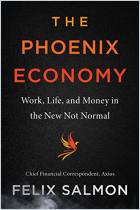
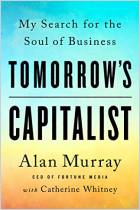
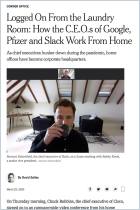

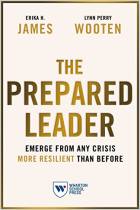
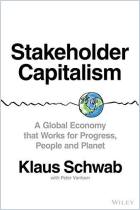





Comment on this summary